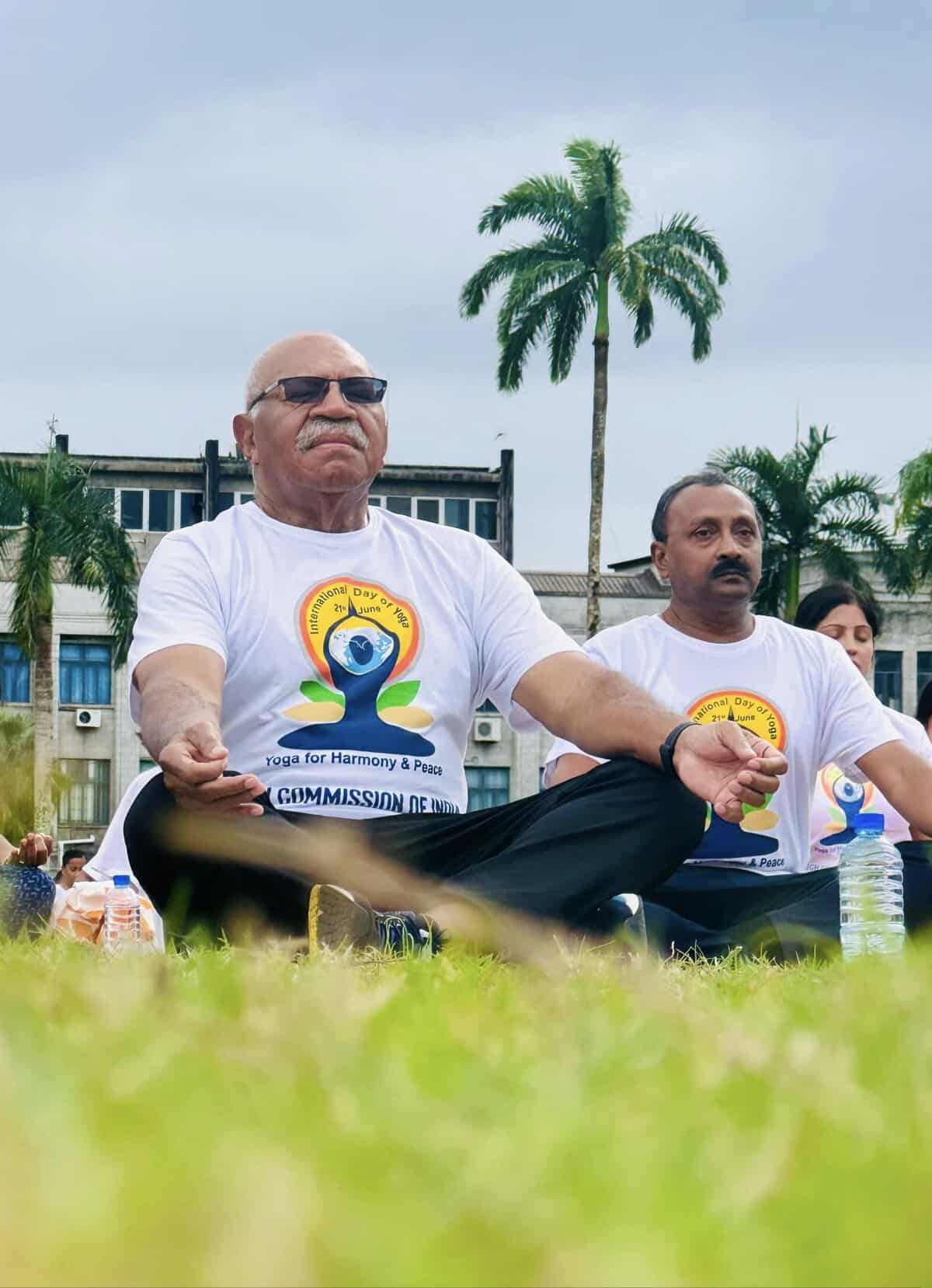Eighteen months after the end of 16 years of Fiji’s notorious two-man rule, the country’s political landscape is in the middle of another seismic shift.
The former ruling FijiFirst Party (FFP), relegated to the Opposition benches after losing the 2022 general elections by a whisker, is suddenly non-existent after it was deregistered for failing to amend its constitution to include a dispute resolution clause in line with the requirements of Fiji’s Political Parties Act.
The saga began . . .
Please Subscribe to view full content...
